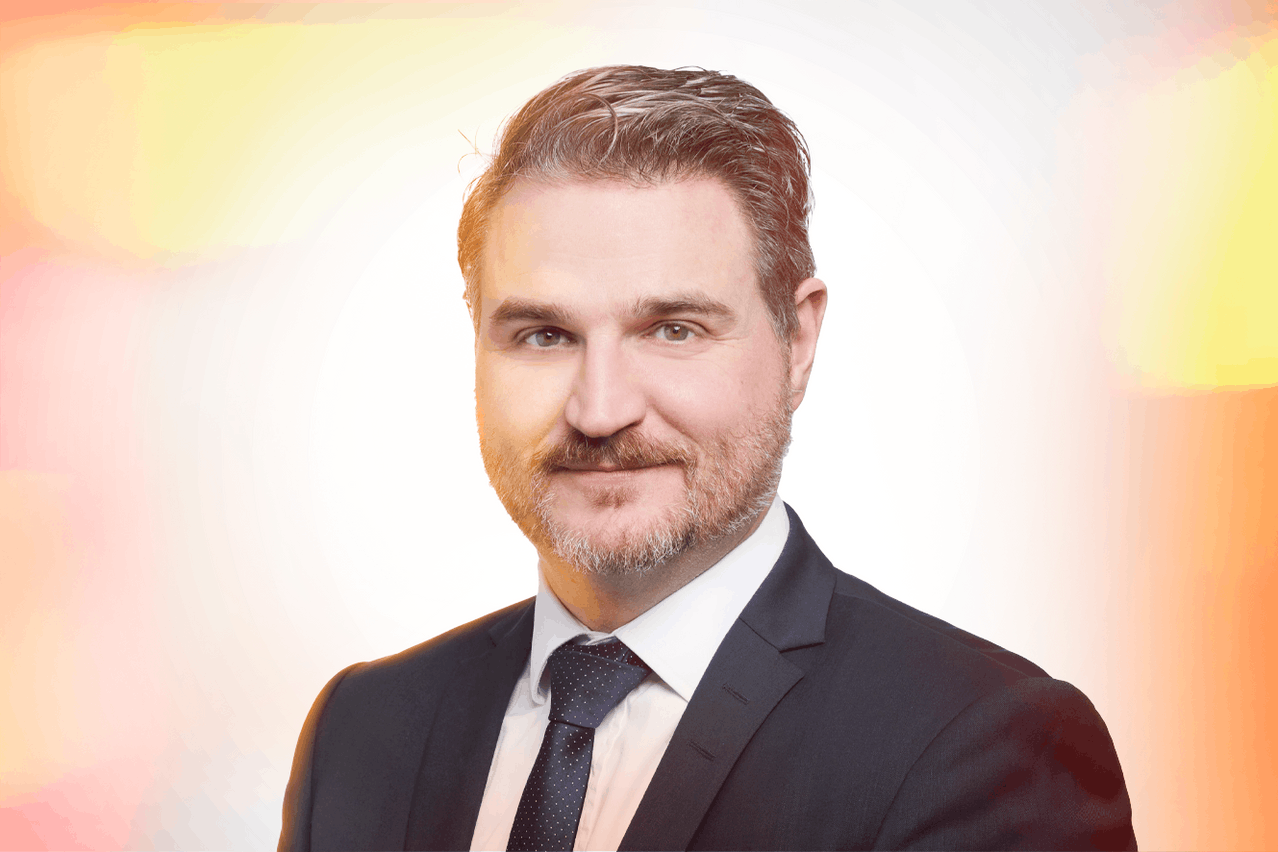For many HNWIs, the sting of rising interest rates will be felt deeply. Not only will their financial portfolios be impacted, but the effects will spread to nearly every component of their wealth. The global outlook appears grim, but central banks are obviously aware of the spillover effect of interest rate hikes, so they are trying to walk the narrow line between fighting the inflation and damaging the economy. Due to uncertainty as to where markets are headed, individuals should remain defensive and keep cash for opportunities that could arise. Having a trusted financial advisor can help to best protect wealth and identify chance openings.
Impact on real estate
The repercussions on the real estate market are already being felt on both the lending and the rental side. We see fewer offerings because owners are delaying putting assets on the market, largely due to insecurity. While we will likely see a drop in the value of so-called B properties, the value of prime locations will probably remain stable. For investors, a prudent approach would be to hold on to cash for a while longer, at least until we have more visibility.
Increased pressure on businesses
Entrepreneurs and investors are also facing dwindling returns as businesses grapple with higher costs, lower revenues, more difficulty securing bank loans, and tightened competition. A trusted and competent wealth manager can take an individual's business involvement into account to assess risk in his or her personal financial portfolio.
One major contributing factor to rising business expenses is the price of energy.
One major contributing factor to rising business expenses is the price of energy. Certainly this is a serious disruptor, but it also might present opportunities, as regulators will now want to see that banks are increasingly financing properties with low energy consumption. That is already the case in a few European countries and accelerated by initiatives at the European level. This continued shift might offer some new opportunities for investors.
The need for a holistic approach
Individual investors are likely exposed to risk coming from many angles, in bankable and private non-bankable assets which are often out of an advisor's view. Now more than ever, we need to take a holistic approach, because it is only when we can evaluate an individual’s entire wealth matrix are we able to advise accordingly. There is no one-size-fits-all approach.
‘In general, wealth managers tend only to focus on their clients' investment portfolios, the visible part of wealth that is the most transparent and easy-to-model component, but in many cases, it is not the most preponderant component nor the one carrying the highest risk.’ -Marc Arand, CEO of the Banque Havilland Group
Although a wealth manager is not in a position to advise in every single aspect of a client's total wealth, both from a legal and competence perspective, a holistic approach should be taken when providing wealth management service. In some cases, the wealth manager might advise a client to seek additional external advice for other areas of their assets or liabilities where hidden risks could surface.
Striving to achieve the greatest level of service and assessing the total risk carried by a client requires building a close relationship, one that allows the wealth manager to really understand the situation of the client, both from a financial and nonfinancial point of view.
Even though there is no single strategy to protect wealth in these times, it is possible to provide some general guidelines
‘Posing the right questions at the right time can unveil substantial changes in an investor wealth matrix which should be considered when assessing the suitability of his asset allocation.’ -Marc Arand, Group CEO of Banque Havilland.
Stay defensive, wait for opportunities, and consider short-term yields
Even though there is no single strategy to protect wealth in these times, it is possible to provide some general guidelines, says Mr Arand. He advises his clients to stay defensive, to keep cash, either in liquid form or in low-risk investments. He does express notes of optimism, saying that for entrepreneurs and investors looking at bankable assets, there are opportunities that will arise. There are also openings for short-term investments, because following interest rate increases, it is possible now to get a yield whereas before one either had to play the duration and go for a long-term investment, or buy into a higher risk investment.


